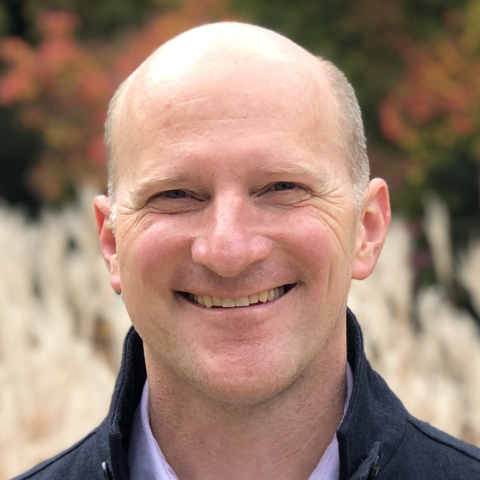Professor Markus Covert
The E. coli Whole-Cell Modeling Project: catalyzing new discoveries and insight
Francis Crick first called for a coordinated worldwide scientific effort to determine a “complete solution” of the bacterium Escherichia coli. We have been working for some years now to complete a model of E. coli that takes into account all of the known functions of every well-annotated gene, in order to better understand and predict the behavior of this scientifically-relevant and industrially-significant model organism. Now that a majority of the annotated gene functions have been added to the model, our simulations have generated biological insights that change our perspectives about cellular biology and physiology. As examples, I will present our new findings regarding how metals are utilized in E. coli, as well as the effect of gene organization into operons, and the impact of engineering new gene content into the chromosome.

Professor Markus Covert
Ram Shriram Chair and Professor of Bioengineering, Stanford University
Markus Covert is the Ram Shriram Chair and Professor of Bioengineering at Stanford University. Over the course of his career, his lab has generated several new exciting technologies to measure, analyze, and mathematically model the behaviors of individual cells. The lab is probably best known for constructing the first “whole-cell” computational model, which explicitly represents all known gene functions and molecules in a bacterial cell – an advance which was highlighted by the journal Cell as a highlight publication of the 40-year history of that journal. Markus is the author of the textbook Fundamentals of Systems Biology: from Synthetic Circuits to Whole-Cell Models. He has received several awards for his efforts to develop new technologies, in particular the NIH Director’s Pioneer Award, and the Paul G. Allen Family Foundation Distinguished Investigator and Discovery Center awards. He has also consulted in industry, including on the scientific advisory board of Emerald Cloud Labs, and as an inaugural Ambassador at X Labs, (previously Google [X]). Finally, Markus has taught one of the most popular courses at Stanford for several years, an integrated “lecture, lab and lunch” course entitled Bon Appétit, Marie Curie! The Science of Haute Cuisine.
